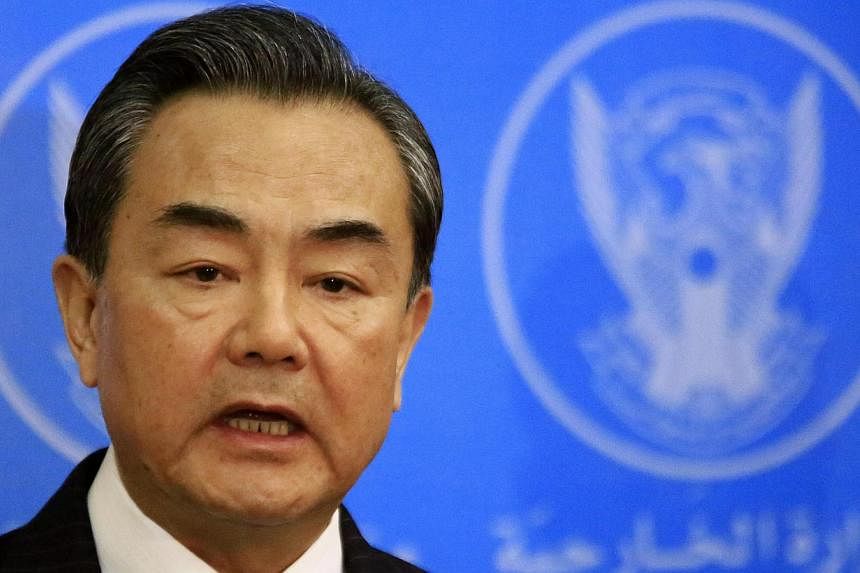BEIJING (Reuters) - China will not follow the path of "Western colonists" in Africa, its Foreign Minister said during a five-nation tour of the continent, parrying criticism that his country's hunger for resources has led to one-sided policies and damaging projects.
China is Africa's biggest trade partner, and has sought to tap the region's rich resources to fuel its own economic growth over the past two decades.
But Beijing's involvement has been called "neo-colonial" by some African leaders, who fear projects bring little benefit to local people, with materials and even labour being imported from China. "We absolutely will not take the old path of Western colonists, and we absolutely will not sacrifice Africa's ecological environment and long-term interests," Foreign Minister Wang Yi told Chinese Central Television while in Kenya. His comments were published on the ministry's website late on Sunday.
Beijing has previously said its cooperation with African nations covers farm, health and infrastructure-related projects.
In July, China said more than half its foreign aid, of more than US$14 billion (S$18.7 billion) between 2010 and 2012, went to Africa.
China says there are no strings attached to its aid, but some of its projects have drawn attention for their support of governments with poor human rights records and lack of transparency, such as Zimbabwe, Sudan and Angola.
Mr Wang's trip includes stops in Cameroon, Equatorial Guinea, Sudan and the Democratic Republic of Congo.
Speaking to reporters in Sudan on Sunday, Mr Wang defended China's mediation efforts in South Sudan, rejecting the idea they were intended to safeguard its own oil interests.
China is the biggest investor in the oil industry in South Sudan, which split from Sudan in 2011. It has played an unusually large diplomatic role in the country and committed about 700 UN peacekeepers amid a civil war that has killed more than 10,000 people.
"China's mediation of South Sudan issues is completely the responsibility and duty of a responsible power, and not because of China's own interests," Mr Wang said in comments posted to the Foreign Ministry's website on Monday.

